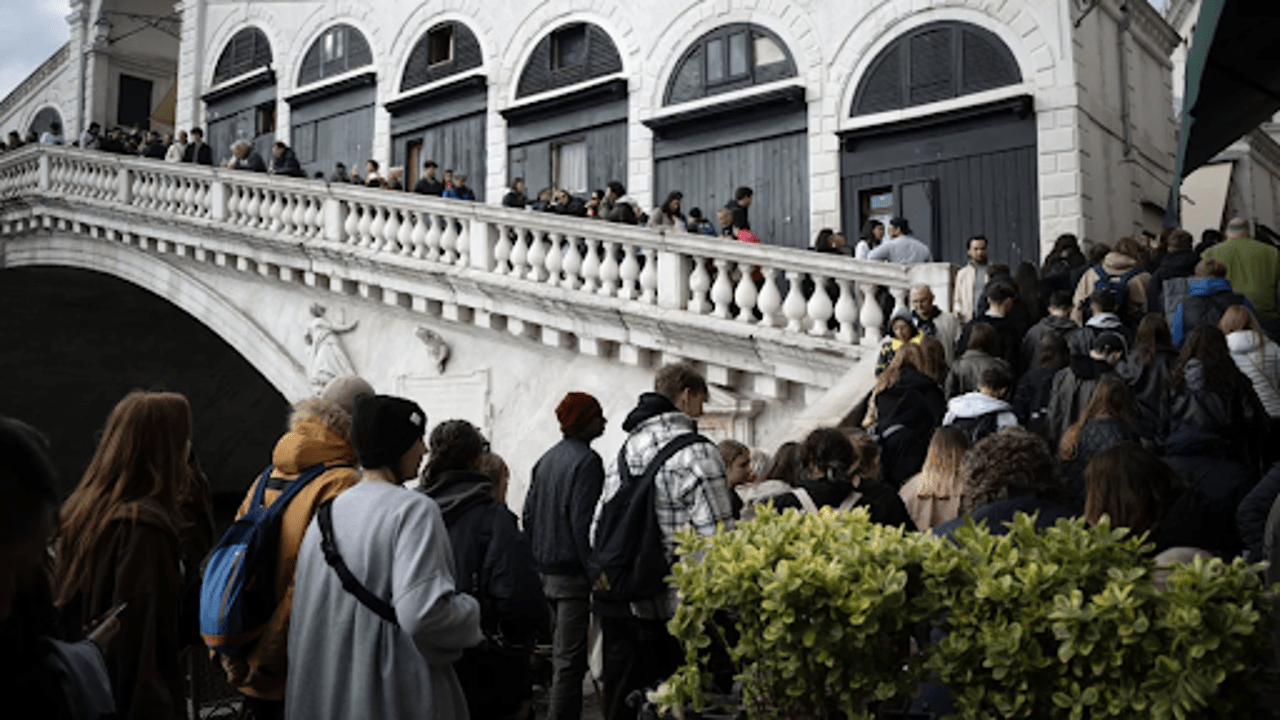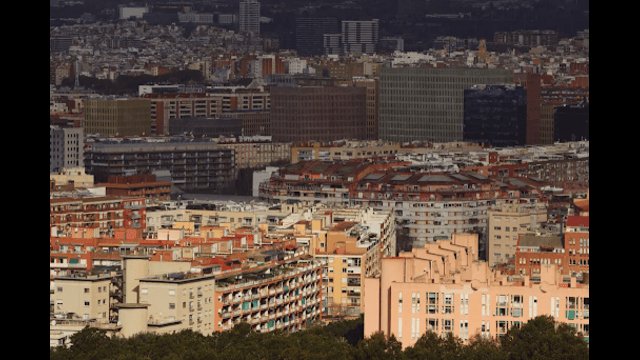
Venice is struggling with a growing number of tourists while its local population continues to shrink. Getty Images
Venice is making headlines again, this time for its decision to implement an entry fee for day-trippers, a move that has sparked mixed reactions from tourists and locals alike. Announced on October 24, the fee system is set to take effect in 2025, aiming to manage the heavy influx of visitors while preserving the city’s unique character.
Starting next year, the number of days when the entry fee will apply will increase to 54, up from 29 in 2024. This means that on more days than ever, visitors will need to pay to enter the city center. The fee structure is also changing. In 2024, the flat fee was 5 euros (around $5.40), but in 2025, it will introduce a two-tier pricing system. Tourists who book their entry more than four days in advance will still pay the lower fee of 5 euros. However, if they book within three days of their visit, the fee will jump to 10 euros (nearly $11).
Notably, the fee will only apply to the main city area, leaving popular nearby destinations like the Lido, Murano, and Burano untouched. Visitors transiting through Piazzale Roma, Tronchetto, or the port will also be exempt from the fee, provided they don’t enter the city center.
Tourists over 14 years old will be required to pay the fee, although some exemptions are in place. These include those visiting for sports events, relatives of city residents, and those who stay in the Venice municipality, which includes Mestre. Even yacht enthusiasts attending the Salone Nautico boat show will not have to pay.
The local government is taking this step to tackle overtourism, an issue that has troubled Venice for years. Mayor Luigi Brugnaro emphasized that the aim is to manage tourist flows better and discourage excessive day-trip tourism during peak times. He stated, “Venice is at the forefront in tackling over-tourism,” and pointed out that this year’s data collection would help improve the system in the future.
While the fee system is designed to ease crowding, it’s not intended to be a profit-making venture. The city acknowledges that it may not completely reduce the number of visitors. The city council's approach encourages better behaviour among tourists rather than imposing harsh restrictions.
In addition to the entry fee, the authorities have unveiled new regulations for short-term rentals. Unlike other European cities that have tightened rules around Airbnb, Venice is taking a more lenient approach. From 2025, properties rented out for more than 120 days a year must register with the city and adhere to “good practice” guidelines. These guidelines require hosts to meet guests in person and provide them with designated trash and recycling bags. Although waste collection occurs six days a week, issues with tourists improperly disposing of trash have been a significant problem.
While landlords have 120 days to register their properties after the council’s approval, failure to do so will prevent them from registering until late 2026. The city aims to foster “virtuous behaviour” among both tourists and landlords to ensure a more harmonious relationship with residents.
As Venice grapples with the challenges of mass tourism, the city continues to attract around 30 million visitors each year, while its resident population has dwindled below 50,000. The entry fee and rental regulations are part of broader efforts to balance the needs of tourists and residents while preserving the city’s charm.















